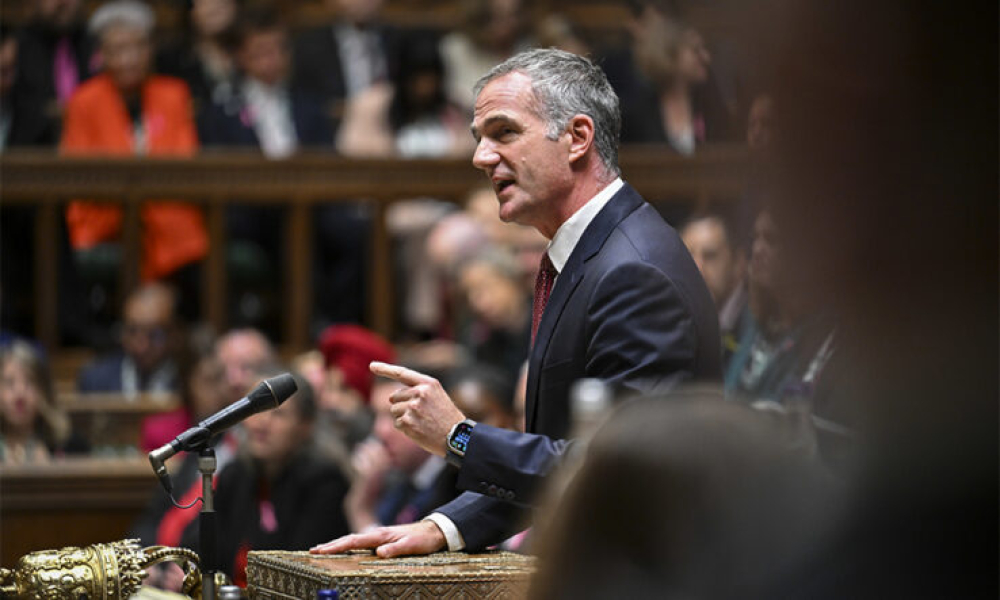Data (Use and Access) Bill Second Reading highlights
13 Feb 2025

On 12 February, the House of Commons held the second reading of the Data (Use and Access) Bill, with MPs debating its potential impact on the UK’s digital economy, public services, and consumer rights. The Bill, which has already undergone scrutiny in the House of Lords, will be a key component of the UK's data protection infrastructure going forward. The DMA has been working closely with UK Government Ministers and Peers to ensure the views of the industry are heard and represented.
As was largely expected given cross-party support for the DUA Bill's predecessor the DPDI Bill, the debate saw strong support in general across all parties.
Secretary of State for Science, Innovation and Technology, Peter Kyle, championed the Bill as a crucial step in ensuring the UK remains at the forefront of the digital economy:
“This legislation will unlock new opportunities for businesses, make it easier for consumers to access and control their data, and enhance the efficiency of public services.”
While some MPs raised concerns about potential risks to data protection, the government was quick to address these. Critics pointed to possible risks in international data transfers and the use of AI in processing personal information. However, Kyle reassured the House that the Bill did not undermine the UK’s high standards of data protection; rather, it ensures that the UK continues to lead in setting best practices while maintaining regulatory flexibility. He emphasized that the UK’s adequacy agreements with international partners would remain intact and that robust oversight mechanisms were in place.
The DMA has played a pivotal role in shaping the Bill’s provisions. A notable achievement is the government’s acceptance of the DMA-led amendment to extend the ‘soft opt-in’ to charity fundraising communications. This change allows charities to communicate more effectively with supporters, similar to practices permitted in the commercial sector since 2003. The DMA estimates that this extension could unlock up to £290 million annually for charities, enhancing their ability to fundraise and support their causes.
The amendment was referenced positively by Peter Kyle in the debate, though with it came the - quite correct - stipulation that public trust must be protected.
This echoes warnings from Information Commissioner John Edwards, who said while he supports the soft opt-in extension “as it will help charities better communicate with people who support their purposes”, he said charities must "consider implementation carefully, including their UK GDPR obligations.
Another area of debate was the intersection of AI and copyright law. Some MPs warned that the Bill could weaken protections for creators by making it easier for AI models to train on copyrighted content. However, government representatives argued that the Bill strikes the right balance, ensuring that innovation is not stifled while still upholding intellectual property rights. They pointed to ongoing consultations with industry stakeholders to refine these provisions further.

Please login to comment.
Comments